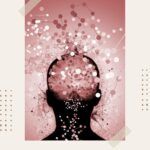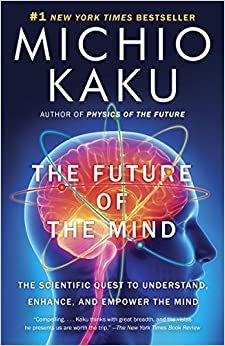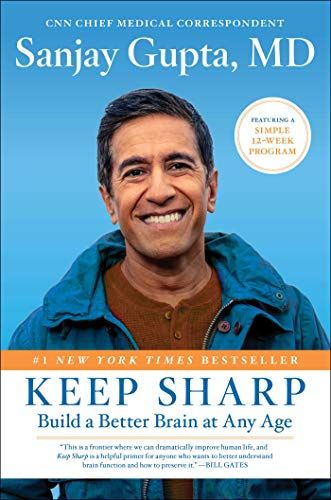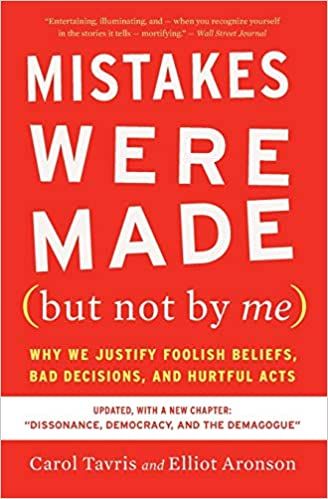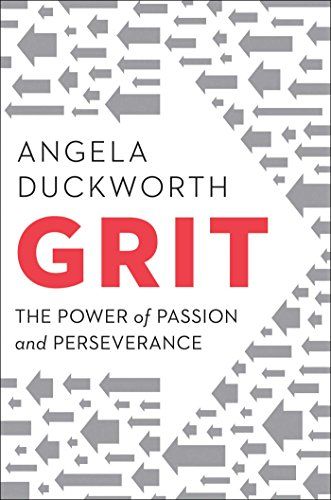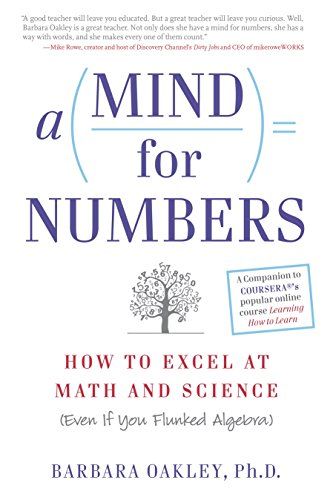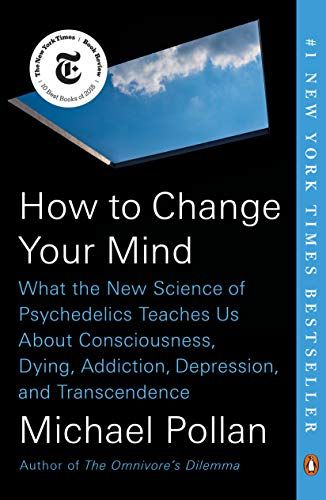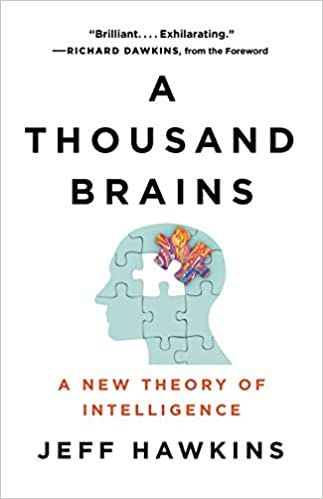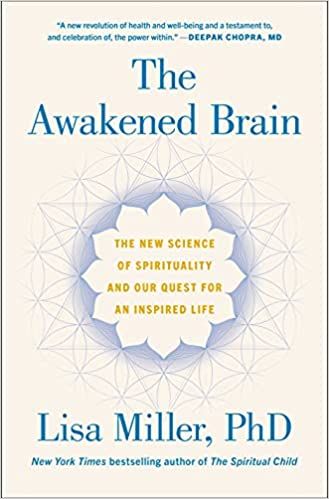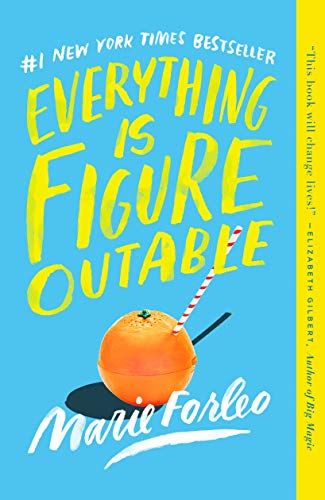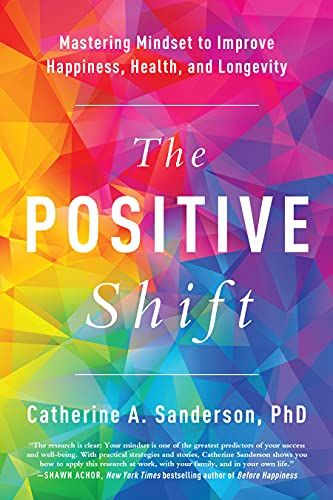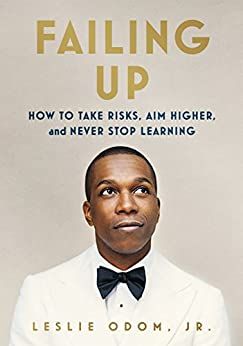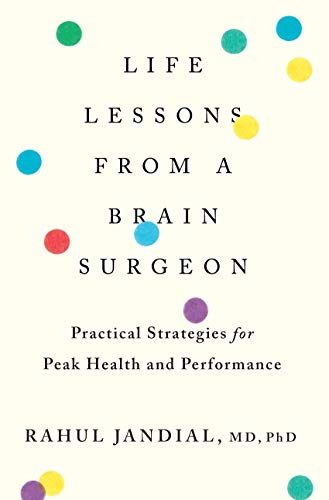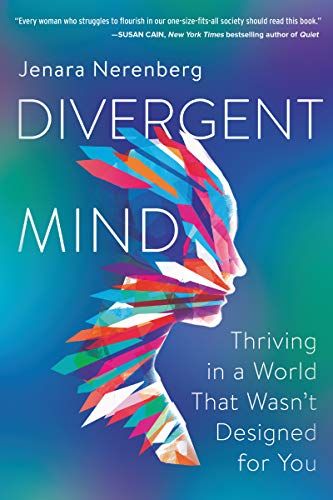Any list of books about the mind could naturally cover a range of subtopics. This one does so, but not nearly as broadly as it could. I think I have limited it naturally due to my own interests and so it breaks down into some categories I personally find more interesting than others. These are books about expanding your mind, books about understanding the mind, and books that will help you in training your mind to work better (depending on how you define ‘better’) for you. I have also tried very hard to include a variety of writing styles to interest different types of readers. So without much further ado, let’s begin! Those are my titles for books about the mind. However, an obvious angle I am missing here is what happens to our brains when we read? If you’re wondering too, you can start with this post about books on the reading brain and keep going with this one on the neuroscience of audiobooks. And as always, enjoy your mind and its endlessly wonderful ability to turn random-seeming markings into meaning! The book has three parts. The first covers the basics of what the brain is and does, and how to understand the aging brain. Part two may be more of what most readers would expect from a book like this: an overview of all the practical strategies that a person can use to keep the brain healthy, ending with a 12-week plan to put these science-based ideas into practice. Lastly, part three looks at the difficulties of identifying and treating brain diseases, and offers advice for those caring for loved ones whose brains are in decline. This is worth a read if you are looking for an accessible introduction to several areas of focus at once. The book explores particular conditions that all have been labeled as ‘sensitivities’ of one kind or another, like Attention deficit hyperactivity disorder, autism, and sensory processing disorders (among others) and how these neurodivergencies may present themselves in women’s lives. While it can feel a bit tougher to follow at times in her book, Nerenberg makes an important effort here to expand existing understandings of neurodiversity to encompass more experiences of women.
